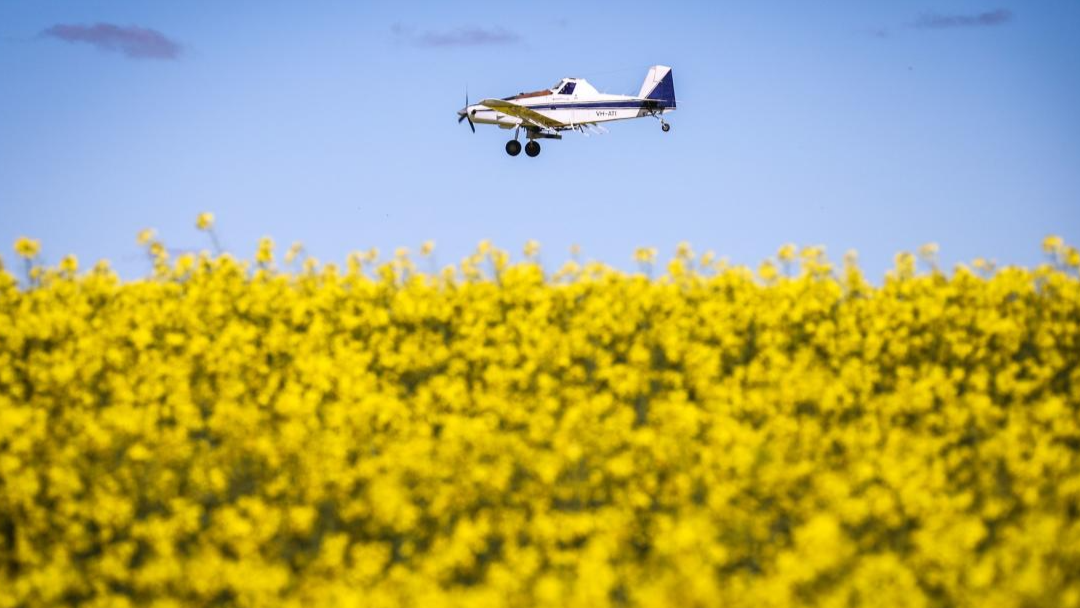
CANBERRA - The Australian government said on Wednesday it would invest A$1.1 billion ($735 million) in the development of a low-carbon fuels industry, a move welcomed by farm groups, who hope it will boost demand for biofuel feedstocks like canola and sugarcane.
The money, to be released over 10 years from 2028, is intended to stimulate private investment in products like biodiesel and sustainable aviation fuel, the government said.
Australia is a major producer of crops such as canola, sugarcane, sorghum and tallow, that can be used to make fuel.
ALSO READ: Australian government to cut 500 ‘nuisance’ tariffs
It currently exports the vast majority of those goods and imports most of its gasoline. Australian canola is a major feedstock for Europe's biodiesel industry.
"Thanks to our advanced farming practices and access to cheap and reliable renewable energy, Australia is in an enviable position to produce cleaner, low-carbon liquid fuels that jets, ships, construction machines and heavy trucks need to reach net zero," the government said in a statement.
"This is a down payment on developing an entirely new industry in Australia," said Finance Minister Jim Chalmers. "It's about making Australians and our economy big beneficiaries of the global net zero transformation."
"More Aussie jobs, more profitable Australian farms and lower emissions. That's the win-win-win," said Climate and Energy Minister Chris Bowen.
READ MORE: New Australian government initiative to support Indo-Pacific climate action
Private investors would be able to bid for government support for projects which would have to be producing fuel by 2029, he said.
Australian farm groups have been lobbying for investment in biofuels for years, saying that without government help, an industry won't get off the ground.
"The economic opportunities it will bring are enormous for regional jobs," said Su McCluskey, interim CEO of the National Farmers' Federation.
The government is expected in the coming days to announce an emissions reduction target for 2035. Australia aims to reach net zero by 2050, but an increasing number of opposition, right-of-centre politicians say that goal should be abandoned.


